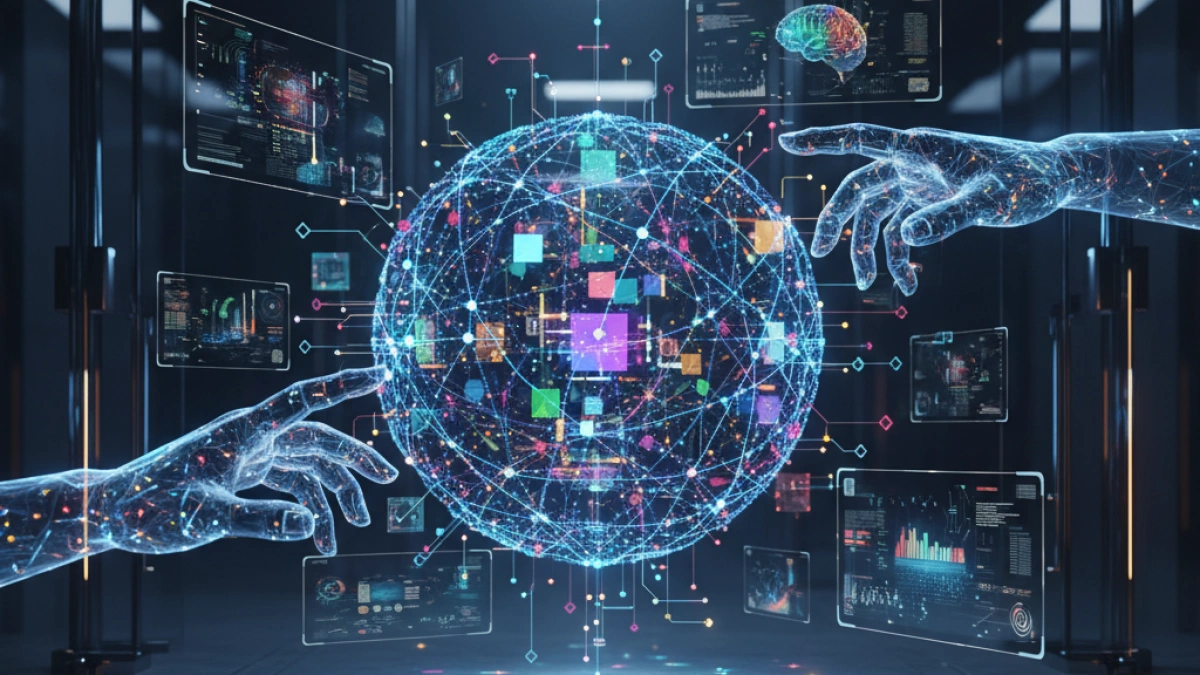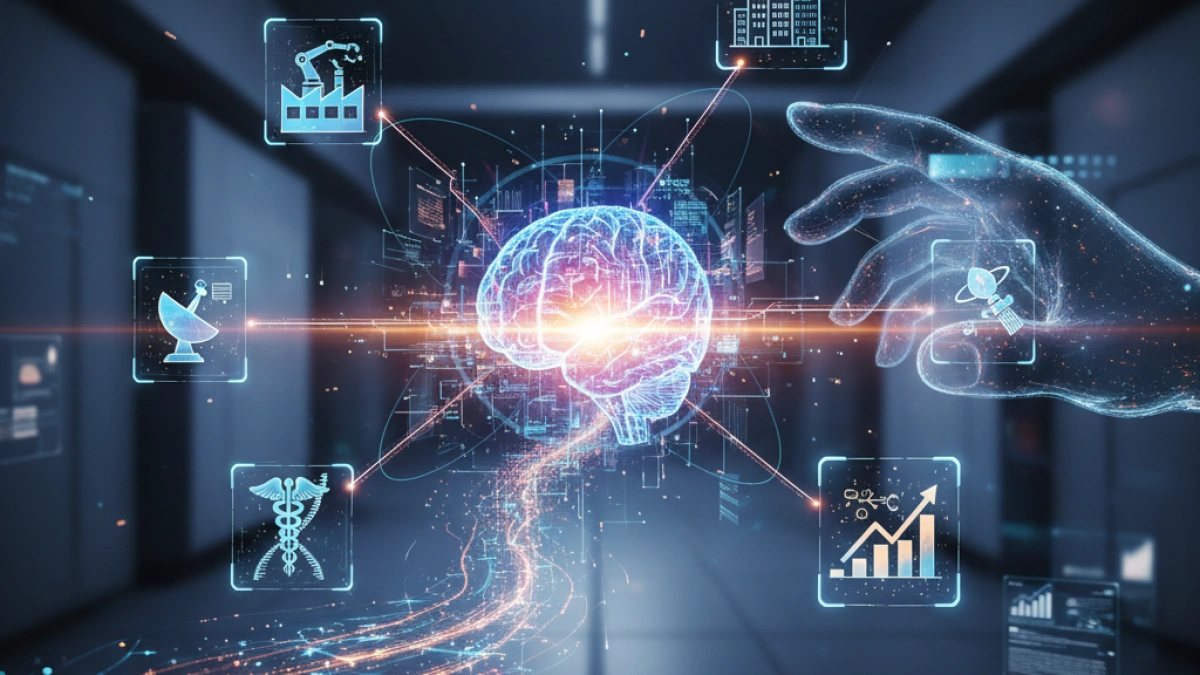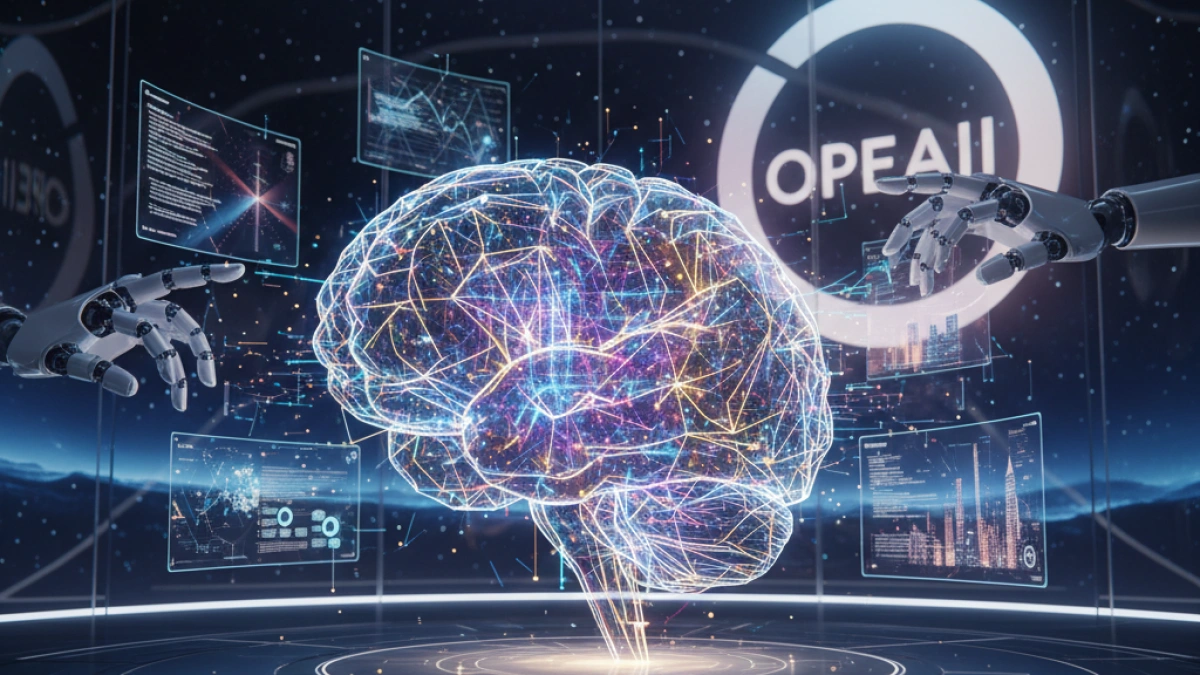Data Privacy in the Age of Artificial Intelligence


The age of artificial intelligence (AI) has transformed many aspects of our daily lives, from how we interact with technology to how our personal data is managed and protected. In this article, we will explore data privacy in the AI era, analyzing the risks, regulations, and best practices to preserve information security.
The Importance of Data Privacy
Data privacy refers to the responsible and ethical handling of users' personal information. In a world where data collection is becoming increasingly common, protecting privacy becomes a crucial aspect:
Risks Associated with a Lack of Privacy
- Identity Theft: When personal information falls into the wrong hands, it can be used to impersonate individuals.
- Algorithmic Discrimination: Algorithms can perpetuate existing biases, affecting fairness in various areas such as employment, housing, or credit.
- Cyber Vulnerabilities: With an increase in data collection, companies become more attractive targets for cybercriminals.
Benefits of Preserving Privacy
- Consumer Trust: Companies that adequately protect personal information foster trust among their customers.
- Legal Compliance: Adhering to privacy regulations helps avoid penalties and reputational damage.
- Improvement of Data Quality: Ethical data handling contributes to the integrity of the information used for AI.
Artificial Intelligence and Data Collection
Artificial intelligence relies heavily on data to operate effectively. However, the ways in which this data is collected, used, and stored raise significant privacy concerns.
Types of Data Used in AI
- Personal Data: Information such as names, addresses, and phone numbers.
- Behavioral Data: Records of how users interact with devices and applications, which can be used to personalize experiences.
- Location Data: Geographical information that can reveal movement patterns and user habits.
How Data is Used in AI
AI models learn from large amounts of data, enabling them to make predictions and recommendations. However, this need for data raises concerns about the handling and protection of personal information.
Read also
Regulations on Data Privacy
As concerns about data privacy have grown, so have legal efforts to protect it. Some of the most important regulations include:
General Data Protection Regulation (GDPR)
The GDPR, implemented in the European Union in 2018, provides a robust framework for data protection. It establishes clear principles regarding the collection, use, and management of personal data, granting citizens more control over their information.
Children's Online Privacy Protection Act (COPPA)
In the United States, this law protects the privacy of minors online, requiring parental consent for the collection of data from children under 13 years old.
Read also
Local and Regional Laws
In addition to general regulations, many countries have implemented their own data privacy laws, creating a complex legal landscape that businesses must navigate.
Best Practices for Protecting Data Privacy
Despite the regulations in place, companies and users must take proactive steps to protect their data privacy. Below are some best practices:
For Companies
- Implement Clear Privacy Policies: Companies must clearly communicate how user data is collected and used.
- Data Anonymization: Using anonymized data can help protect users' identities.
- Privacy Training: Training employees on the importance of privacy and data security is crucial to prevent breaches.
For Users
- Review Privacy Settings: Users should proactively review privacy settings in the applications and services they use.
- Use Strong Passwords: Implementing strong, unique passwords for each service can make a significant difference in protecting information.
- Stay Informed: Keeping up to date on the latest cyber threats and security practices can help mitigate risks.
Conclusion
Data privacy in the age of artificial intelligence is a crucial issue that affects both companies and users alike. As the collection and use of data continue to evolve, it is vital for both organizations and individuals to take proactive measures to protect personal information. With clear regulations and best practices in mind, we can work toward a future where AI innovation and data privacy coexist in harmony.



















